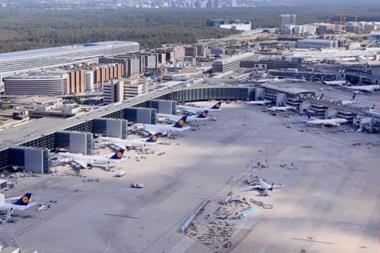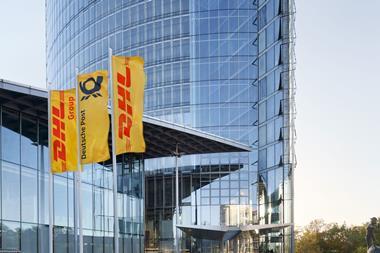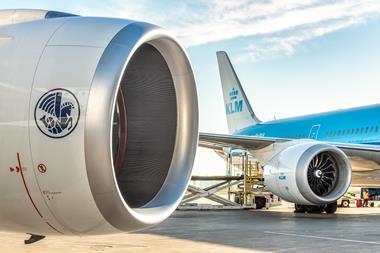Poor communication about the evolving processes and regulation for air cargo’s pharmaceutical supply chain is leaving the airfreight community frustrated.
“Everything is connected but when shippers, ground handlers, freight forwarders and carriers work together they often do not speak the same language,” said Stavros Evangelakakis, global product manager of European freighter airline Cargolux.
Evangelakakis was speaking at a Cool Chain Association pharma and biosciences conference in Basel.
IATA valued the global pharmaceutical logistics market at $64bn in 2013. European Union regulations like Good Distribution Practice (GDP) or certification like IATA's Centre of Excellence for Independent Validators for Pharmaceutical Handling (CEIV Pharma) are intended to ensure patients safety and to prevent money being wasted.
But the translation of necessary regulation into everyday language that can be understood by all in the pharma supply chain is not an easy task.
"It took about one year to transform GDP into airfreight language", said Manu Jacobs, director business development pharmaceutical logistics from Air France-KLM Cargo.
After the implementation, the real work started, living up to the standards and persuading the shippers to accept the standards.
The feedback from the shippers is generally positive, the CCA delegates were told, but there is still room to move forward.
“A standardised industry approach to handling pharma in transit warehouses is necessary”, said Daniel Setz, senior vice president - head of global cargo operations, Swissport.
Pharma companies are bracing themselves for major changes, with “massive” opportunities and challenges that will impact logistics providers as well.
“Healthcare is evolving, patients are better informed and hence more demanding while many different national rules and regulations are intervening in how treatment should be provided”, said Edwin Kalischnig, secretary-general of the CCA and chief executive of XTREME Technologies.
Camelot Management Consultants conducted its latest Pharma Management Radar survey of regulations like GDP or CEIV, which are “huge topics” for pharma companies, said Andreas Gmuer, partner and head of logistics practice at Camelot.
Added Gmuer: “Subjects like temperature control or traceability are becoming more important because companies are challenged to implement them while the regulatory side is still not very clear everywhere.
“However, the implementation is necessary for taking the next steps in healthcare. Customised treatment, homecare or direct-to-patient deliveries are definitely on the agenda of the shippers.”
The Air Cargo News Life Sciences and Pharmaceuticals Conference 2015 will take place at the Lancaster London Hotel on December 14-15. For more details click here.










